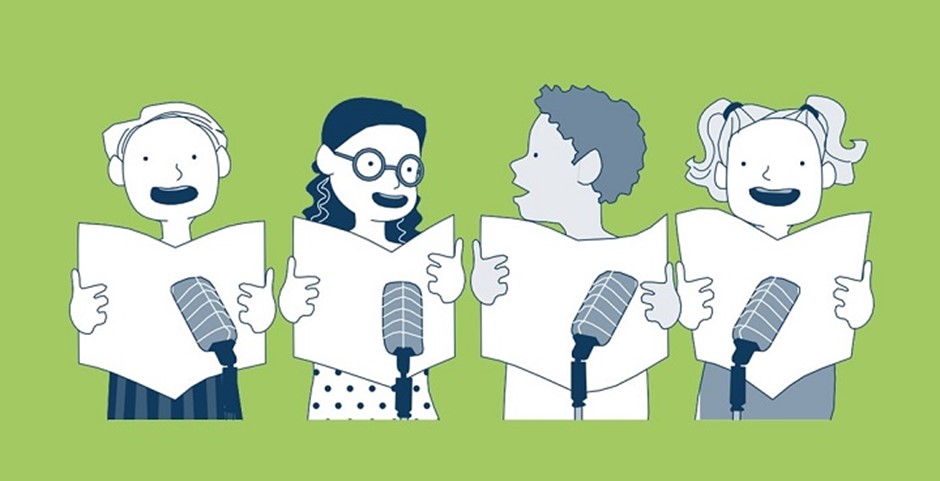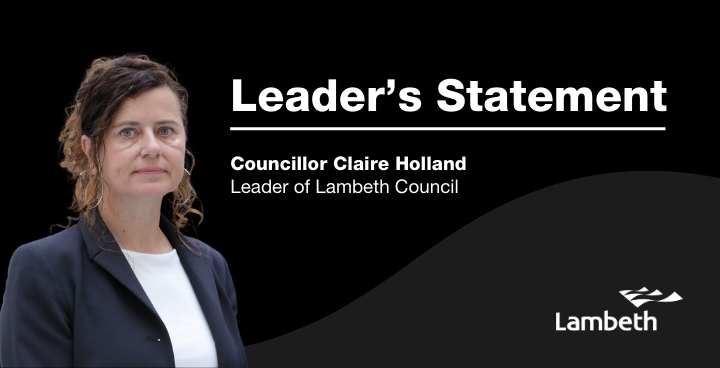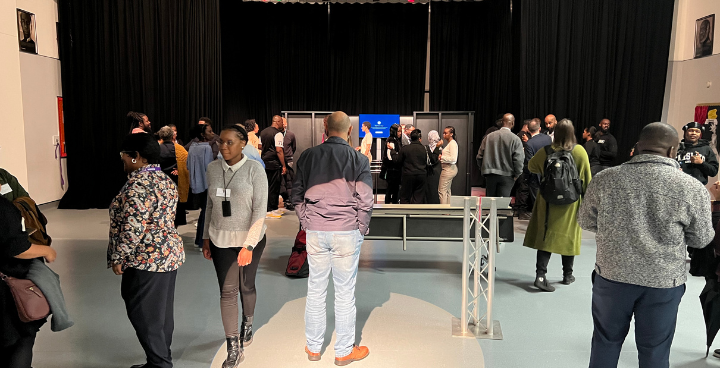
Does your child or children enjoy after school activities? These can be extra tuition, a community or youth centre, supplementary schools, madrasas, sports clubs, faith groups at a place of worship, or visiting a teacher’s home for ballet dancing or piano lessons, or the park with a sports or fitness coach. The Government calls all these activities ‘out of school settings’.
Regulation
Did you know many after-school places and activities are unregulated? There’s no general legal framework for every out-of-school activity, and no official regulator. That means that there is no single way to check if your children will be safe. Don’t worry, almost all of these after school activities are safe, fun, and great places for children to be. But, of course, as a parent or carer you want to make sure that your child is safe while they are out of your care. While there aren’t regulations, there is guidance that can help you find a place that is good for children.
What the council is doing
The council will be providing many out of school settings with training to make sure that they have the right policies and procedures in place to protect children and keep up to date with the latest advice. They will also receive a certificate, which parents can check to make sure that the setting has done the training. The council will also offer these settings access to other programmes and training resources.
Ask the right questions
The Government published national Guidance for Parents and Carers on Choosing Safe Out-of-School Settings. This includes questions parents and carers should ask to help choose safe places for your child to be outside school hours, ‘red flags’ that tell you it’s time to ‘find another provider’, and the opposite – what positive signs of good places to look for.
What should you ask?
- Can you visit and talk to people there?
- Who’ll be in the room with your child?
- Is everyone DBS checked?
- Can they show reviews or comments from other parents saying this is good quality and safe?
- Does their internet filtering and monitoring protect children in chatrooms or online?
- Are there enough staff or volunteers to supervise all the children?
- Is there a consent form for you to sign, with your medical information and emergency contact details?
- Can you have a copy of their complaints procedure?
- Do you have questions about your child’s needs, such as needing a team member trained to work with special educational needs or disabilities? Ask!
- You can check (via the police) if someone who comes into contact with children has ever been convicted of a child sex offence under “Sarah’s Law”.
If they can’t, or don’t want to answer, it’s your right to choose something better for your child.
Danger signs
- They don’t seem to know about Health and Safety risks or keeping children safe.
- The place feels dangerous, eg loose wires, damp, no clear exit route.
- Staff/volunteers who can’t explain what they’d do in a fire or other emergency.
- No official first aider (and/or no first-aid kit).
- No named safeguarding lead.
- No child-protection policy (ie no clear steps for children to report things like one child in the group abusing another and how providers let parents know.
- Any signs of abuse on children, such as bruises.
Positive signs are the opposite of the above! In most places you won’t see anything to worry about.
More information
- Find details of Guidance for Parents and Carers on Choosing Safe Out-of-School Settings and web links to useful resources
- Find the ‘Keeping Children Safe during Community Activities, After-School Clubs and Tuition’ parental guidance at uk.
- If you are worried about any provider or see any serious incident, you can report it to the NSPCC 0808 800 5000, Local authority designated officer (LADO) or the police.



